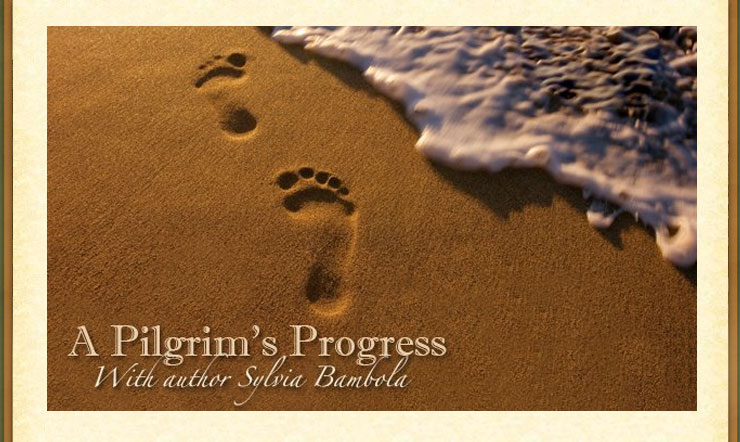The Power of Forgiveness
Monday, 29 April 2013 15:15:00While Jesus is dinning at the house of Simon the Pharisee a woman suddenly bursts in carrying an “alabaster box of ointment” (Luke 7:36-50). That word “ointment” is muron in the Greek and means myrrh, a costly resin used in not only perfumes but in medicine to deaden pain, for the purification of women, in incense, in priestly anointing oil, and for anointing the dead. It also means bitter. Perhaps it symbolized this woman’s own bitter circumstances, and her desire to pour out her pain upon Jesus. To pour out her sins and be purified, to be made a sweet fragrance to the Lord, as well as the acknowledgement that Jesus was not only teacher but a priest before God and that He could do all these things. I believe it also speaks of the price Jesus was willing to pay in order to accomplish this for her, His very death, thus making it as much an anointing oil for His death as it was her oil of purification.
But it obviously cost her much. Perhaps up to a year’s wages. She is weeping. And then she does something shocking. She bends over Jesus’ feet and begins washing them with her tears, then drying them with her hair. Finally she smothers His feet with kisses before applying the costly perfume.
You can imagine Simon’s reaction! It was so typical of the proud “religious” sect. At once his mind is filled with unkind thoughts: If this man Jesus was really a prophet he would know what a gross sinner this woman was and would never let such an unclean person touch him! The Pharisee had no idea that Jesus could discern the thoughts and intents of his heart.
At once Jesus tells him about a “certain creditor which had two debtors: the one owed five hundred pence, and the other fifty.” Then Jesus asks Simon, “who would love the creditor most after he forgives both their debts?” Simon’s answer: the one who was forgiven most. “That’s correct,” Jesus says, before exposing Simon as a hypocrite by contrasting him to the woman.
This woman, Jesus goes on to tell him, had not stopped washing and kissing His feet since she came while he, Simon, didn’t even offer Jesus water to wash his feet before dinner, a basic courtesy offered to guests by every good host. On top of that Simon had not greeted Jesus with a kiss, nor anointed him with oil, all of which the women did. It seems this gross sinful woman had outdone Simon the Pharisee at every turn.
At the end Jesus tells the woman her “sins are forgiven” and to “go in peace,” while I’m sure the Pharisee sat red faced not knowing what to say.
There are many lessons here, one being we are incapable of judging others properly, that’s why the Bible instructs us not to do it. One may seem like a paragon of virtue while another a gross sinner but the secret inward condition of their heart might tell a different story. It also shows us that we, too, can bring our own bitter circumstances, our pain, our sins, our wish to be purified, to be a sweet fragrance to the Lord—we can bring it all to our Savior and High Priest. And of course it reveals Jesus’ own heart, always so tender toward sinners and so ready to forgive. And it gives depth to other passages of scripture such as “We love Him because he first loved us” (1 John 4:19) and that it’s the goodness of God that leads us to repentance (Romans 2:4).
Nothing should keeps us from our wonderful Savior, not our gross sins, not our unworthy state, not even our own selfish inflated estimates of ourselves, for while our hearts may be “deceitful above all things, and desperately wicked; who can know it” (Jeremiah 17:9) Jesus does knows it and loves us anyway.
Wow! It’s simply mindboggling!
Until next week,
Sylvia




